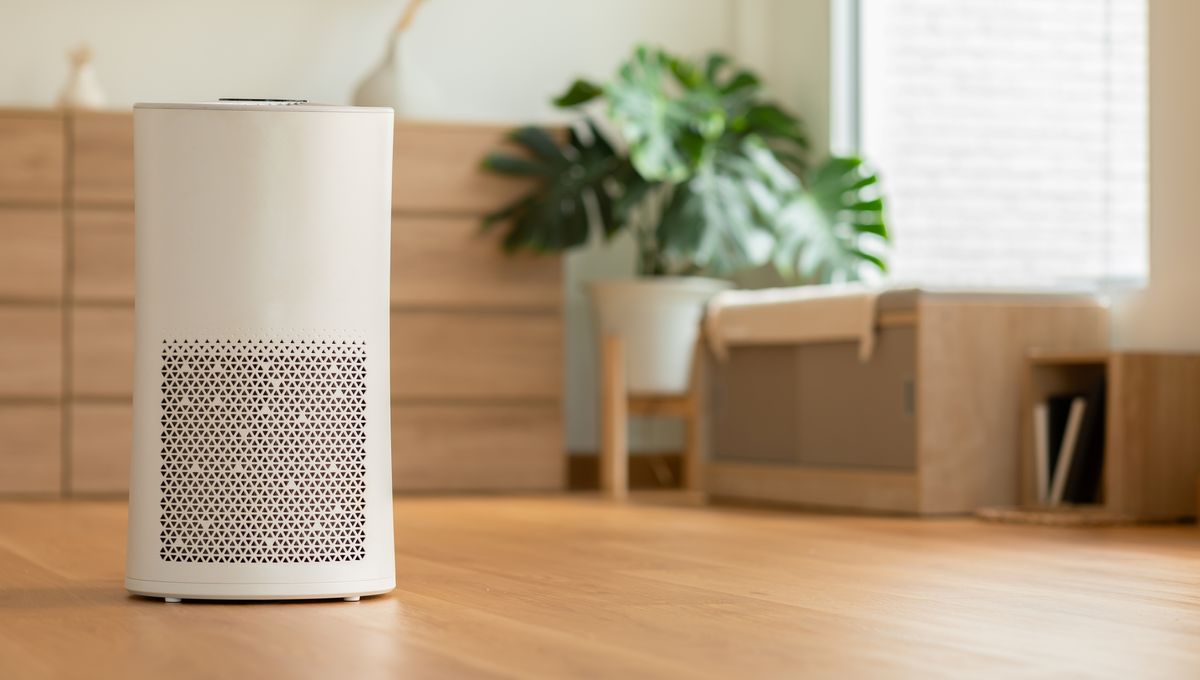
Air filtration systems – as well as a host of other supposedly risk-reducing strategies that have proliferated since the COVID-19 pandemic – may be ineffective in real-world situations, according to a new analysis from researchers in the UK.
In a review of more than 30 studies conducted between 1970 and 2022, the team behind the new paper found little evidence that air-purifying technologies such as air filtration, germicidal lights, and ionizers are actually useful for reducing viral spread in settings such as schools or care homes.
It’s an important result. So far, decisions taken by various people and organizations to employ tech like this during the pandemic have been largely based on lab results – but “there are many other factors which need to be considered if we are ultimately interested in the potential impact on the likelihood of getting ill,” said Shaun Fitzgerald, Director at the Centre for Climate Repair, University of Cambridge, who was not involved in the research.
“There can be transmission routes beyond aerosols such as via surfaces or droplets emitted by an infector falling directly onto someone else,” he explained. “And study design is fraught with difficulties in the real world, especially so during emergency pandemics.”
In some cases, even lab results were lacking: the team found only four experiments ever to have collected data about infections in humans breathing filtered air indoors. There was also a “distinct lack” of studies addressing how such technology may (or may not) slow the spread of gastrointestinal illnesses such as norovirus, the paper notes.
But what evidence they could collect seems clear: there’s currently not much support for the idea that air purification systems help to stop you getting sick.
“There is a lot of existing evidence that environmental and surface contamination can be reduced by several air treatment strategies, especially germicidal lights and high efficiency particulate air filtration (HEPA),” said Julii Brainard, senior research associate at the University of East Anglia’s (UEA’s) Norwich Medical School and lead researcher on the project, in a statement.
“But the combined evidence was that these technologies don’t stop or reduce illness,” she explained.
What’s more, the analysis suggests that a lot of previous research in the area is likely suffering from an all-too-common problem in academia: that of publication bias. This is the phenomenon whereby interesting or positive results are more likely to get published than boring or negative ones. It’s not necessarily malicious, or even intentional – but on a large enough scale, it can be enough to give a skewed or even completely backwards impression of reality.
So, Brainard explained, while “there was some weak evidence that the air treatment methods reduced likelihood of infection… this evidence seems biased and imbalanced. We strongly suspect that there were some relevant studies with very minor or no effect, but these were never published.”
The results may be “disappointing”, she admitted – but they’re an important piece of information in the post-COVID world.
“When the COVID pandemic hit, many large companies and governments – including the NHS, the British military, and New York City and regional German governments – investigated installing this type of technology in a bid to reduce airborne virus particles in buildings and small spaces,” noted coauthor Paul Hunter, professor in medicine at UEA’s Norwich Medical School.
“But air treatment technologies can be expensive,” he said. “So it’s reasonable to weigh up the benefits against costs, and to understand the current capabilities of such technologies.”
Nevertheless, air purification systems shouldn’t be entirely discounted just yet. The researchers are clear that no studies on the application of such technologies to contain COVID-19 specifically were included, despite a few potentially positive recent results.
“Hopefully those studies that have been done during COVID will be published soon,” Brainard said. “And we can make a more informed judgment about what the value of air treatment may have been during the pandemic.”
The study is to be published shortly in Preventative Medicine.
Source Link: Those Expensive Air Filters Probably Aren't Stopping You Getting Sick, Study Finds